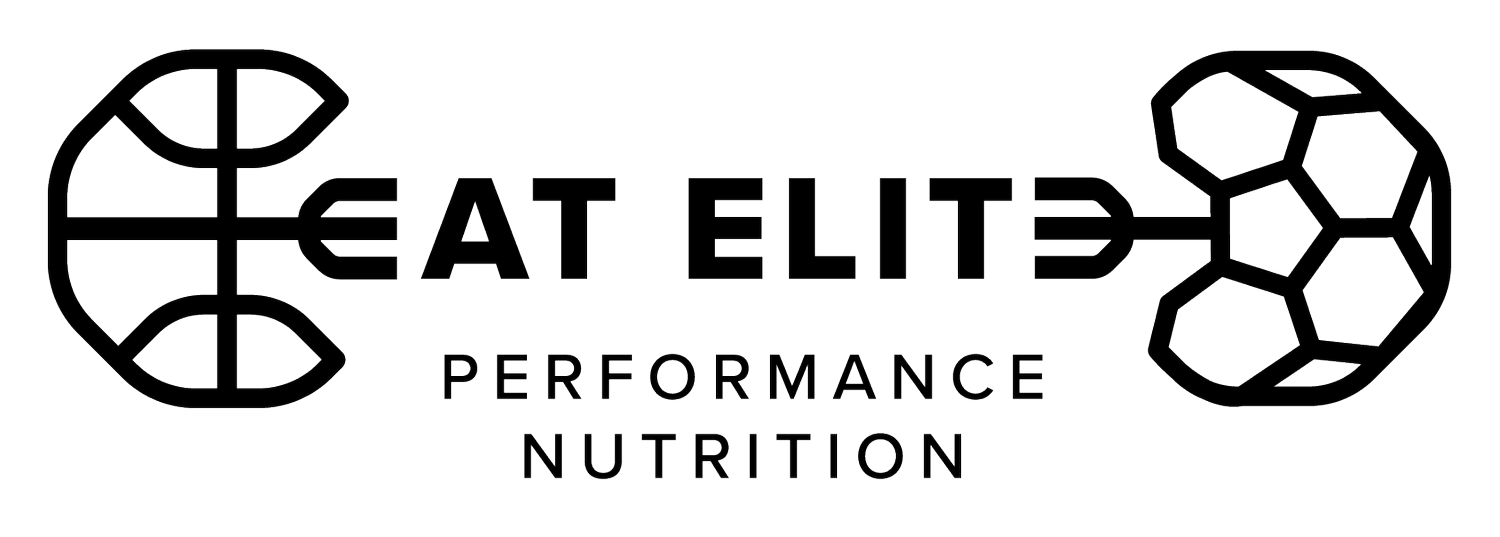Nutrition is a Cornerstone of Wellness
August is National Wellness Awareness Month, and I think that title is relevant because so many of us are not aware of our state of wellness. In the hustle of daily life, I often see people put aside their personal wellness at the expense of caring for others (as I am also guilty of doing). One of the first aspects of daily life that is often sacrificed in times of stress is our diet. Unfortunately, many do not recognize that surrendering our nutrition only fuels the stress cycle.
The concept of “wellness” encompasses physical health, mental clarity, emotional stability, and energy levels — all of which are profoundly influenced by our dietary choices. Understanding how to nourish our bodies can lead to enhanced well-being and a higher quality of life. Let’s go through fiver pillars of how to use nutrition as a tool for your personal wellness.
The Fundamentals of Nutrition for Wellness
Balanced Diet
A balanced diet includes a variety of foods from all the food groups: fruits, vegetables, lean proteins, whole grains, and healthy fats. Each group provides essential nutrients that the body needs to function optimally. According to the Dietary Guidelines for Americans, half of your plate should consist of fruits and vegetables, a quarter of whole grains, and a quarter of protein sources (U.S. Department of Health and Human Services, 2020).
Macronutrients and Micronutrients
Macronutrients—carbohydrates, proteins, and fats—are needed in large amounts for energy and bodily functions. Carbohydrates, found in grains, fruits and vegetables, are the body’s primary energy source. Proteins like lean meats, legumes, and dairy, are crucial for tissue repair and muscle growth. Fats, especially unsaturated fats found in nuts, seeds, and olive oil, support cell function and hormone production (Harvard T.H. Chan School of Public Health, 2023).
Micronutrients, which are our vitamins and minerals, are required in smaller quantities but are equally important as macronutrients. For instance, vitamin D supports bone health, while iron is essential for oxygen transport in the blood (National Institutes of Health, 2022). A diverse diet with lots of vegetables and fruits usually provides adequate micronutrients. If you feel like you might not have the most diverse diet, check out this blog to learn about supplementing with a multivitamin.
Hydration
A vast majority of our body is made of water, exemplifying how vital water is for all bodily functions. It is crucial for digestion, temperature regulation, waste elimination, cognitive function, energy levels, and overall health. The Institute of Medicine recommends about 3.7 liters (125 ounces) of total water per day for men and 2.7 liters (91 ounces) for women, though individual needs can vary (Institute of Medicine, 2004).
Healthy Eating Patterns
A healthy eating pattern is all about variety and eating a colorful plate. A trick I use with clients is to aim for at least three different colors on your plate with every meal. And no, three different shades of beige does not count!
Adopting an established healthy eating patterns such as the Mediterranean diet can be a helpful guideline to achieve wellness. The Mediterranean diet emphasizes whole grains, fruits, vegetables, nuts, and olive oil, and has been linked to reduced risk of heart disease and improved longevity (Sofi et al., 2014).
Another important aspect of a healthy eating pattern is accepting that everything is ok in moderation. To achieve a healthy nutrition lifestyle, it is just as important to give yourself the grace to enjoy your favorite indulgent foods as it is to eat all your servings of vegetables. And your version of a healthy nutrition lifestyle will probably be different from your partner’s, friend’s, or family’s version – and that’s ok! You cannot achieve wellness by sacrificing your quality of life, so remembering “everything in moderation” is encouraged.
Mindful Eating
Beyond what we eat, how we eat is also important. Mindful eating means paying full attention to the eating experience, including savoring each bite and recognizing hunger and fullness cues. This can help prevent overeating and even improve digestion (Kabat-Zinn, 2013). This practice encourages a healthier relationship with food and can support better weight management.
Conclusion
Nutrition is a cornerstone of wellness, influencing every aspect of our lives from physical health to emotional balance. By focusing on a balanced diet rich in diverse nutrients, staying hydrated, and adopting mindful eating practices, we can optimize our well-being. Wellness is not just about making healthy choices but also about creating a sustainable lifestyle that supports long-term health.
References
Harvard T.H. Chan School of Public Health. (2023). The Nutrition Source. Retrieved from https://www.hsph.harvard.edu/nutritionsource/
Institute of Medicine. (2004). Dietary Reference Intakes for Water, Potassium, Sodium, Chloride, and Sulfate. National Academies Press.
Kabat-Zinn, J. (2013). Mindfulness for Beginners: Reclaiming the Present Moment—and Your Life. Sounds True.
National Institutes of Health. (2022). Vitamins and Minerals. Retrieved from https://ods.od.nih.gov/factsheets/list-all/
Sofi, F., Cesari, F., Abbate, R., et al. (2014). Adherence to Mediterranean diet and health status: meta-analysis. BMJ, 348, g2314.
U.S. Department of Health and Human Services. (2020). Dietary Guidelines for Americans 2020-2025. 9th Edition.
Please note…
Reviews are not intended as a substitute for appropriate medical care or the advice of a physician or another medical professional.
Additionally, in compliance with the FTC guidelines, please assume the following about links and posts on this site:
The links on this page are affiliate links of which I receive a small commission from sales of certain items, but your price does not change. Sometimes, if a special code is listed, you can even get a discount!
I personally vet each and every product and assure you that everything linked is third-party tested. My first priority is providing valuable information and resources to help you optimize your life, health, and performance, so I will only ever link to products or resources (affiliate or otherwise) that fit within this purpose.

